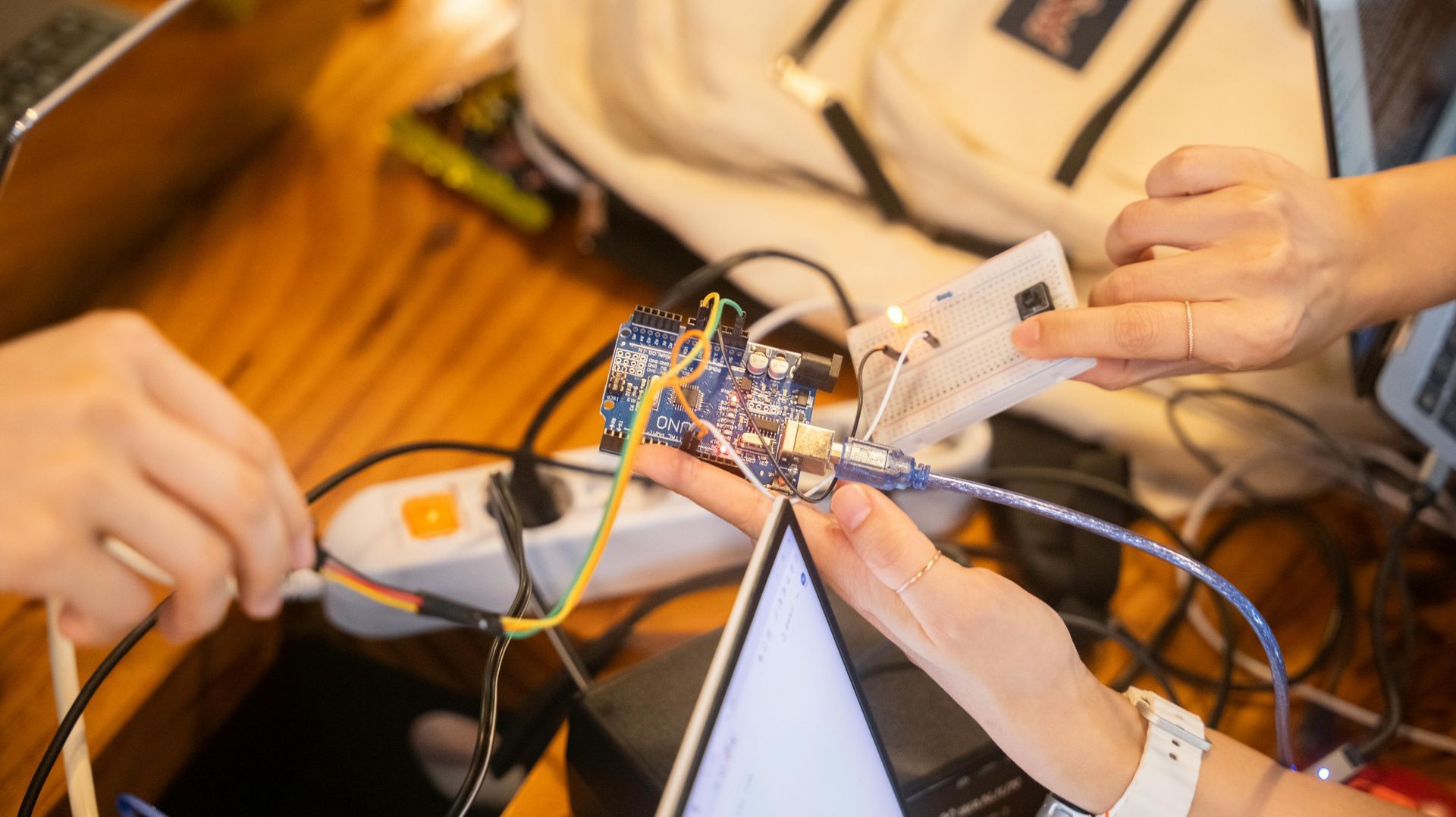Small Business Guidance for Research & Experimentation Expenses
The IRS released Revenue Procedure 2025-28 on August 28th related to research and experimental (R&E) expenditures, which was significantly changed by the One Big Beautiful Bill Act (OBBBA). The highly anticipated release of the Rev. Proc. provides guidance on how businesses should treat R&E expenses including:
Who Qualified as a Small Business Taxpayer?
A taxpayer meets the Qualified Small Business criteria if:
- Have gross receipts of $31 million or less in its first tax year beginning after December 31, 2024.
- Not be considered a tax shelter (Including entities that have than 35% of losses going to limited partners).
Options for Small Businesses
- 1Keep amortizing R&D expenses over a recovery period of at least 60 months.
- Deduct all remaining pre-2024 expenses in 2025 using Form 3115.
- Spread the deduction over 2025 and 2026 using Form 3115.
- Amend 2022-2024 tax returns to deduct R&E expenses immediately and possibly receive refunds.
Important Deadlines & Considerations:
- Retroactive elections to amend past returns must be made by July 6, 2026, or before the statute of limitations closes.
- Taxpayers with a timely filed 2024 return are granted a 6-month extension to file a superseded return.
- *If you deduct R&D expenses on your 2024 return, you’ll also need to amend 2022 and 2023 returns if the retroactivity election is made.
Section 280C Considerations
Small business taxpayers can make or revoke a reduced research credit election under Section 280C(c), but it must be done separately for each prior-year tax return.
If a business chooses to retroactively apply Section 174A, it must also apply the OBBBA’s amendments to Section 280C. In practice, this means:
- Taxpayers must reduce their Section 174A costs by the amount of the Section 41 research credit claimed for that year, unless they make a reduced credit election under Section 280C(c)(2).
To make or revoke this election, businesses must:
- File an amended Form 6765 with a supporting statement that includes required details.
- Complete the election no later than July 6, 2026, or before the statute of limitations closes for the applicable tax year.
Closing Thoughts
The IRS’s new guidance provides major relief for small business taxpayers, including the ability to retroactively apply the rules and claim refunds. For businesses with R&D expenses, this creates significant planning opportunities, but also comes with complexity that can impact cash flow, deductions, and refunds.
Now is the time to review past filings and prepare for the 2025 tax year. The Align team can help with:
- Evaluating the best options for maximizing tax benefits
- Coordinating Section 41 research credits with R&D expense treatment
Contact the Align team today to discuss how these changes may apply to your business and ensure you don’t miss out on potential savings.





